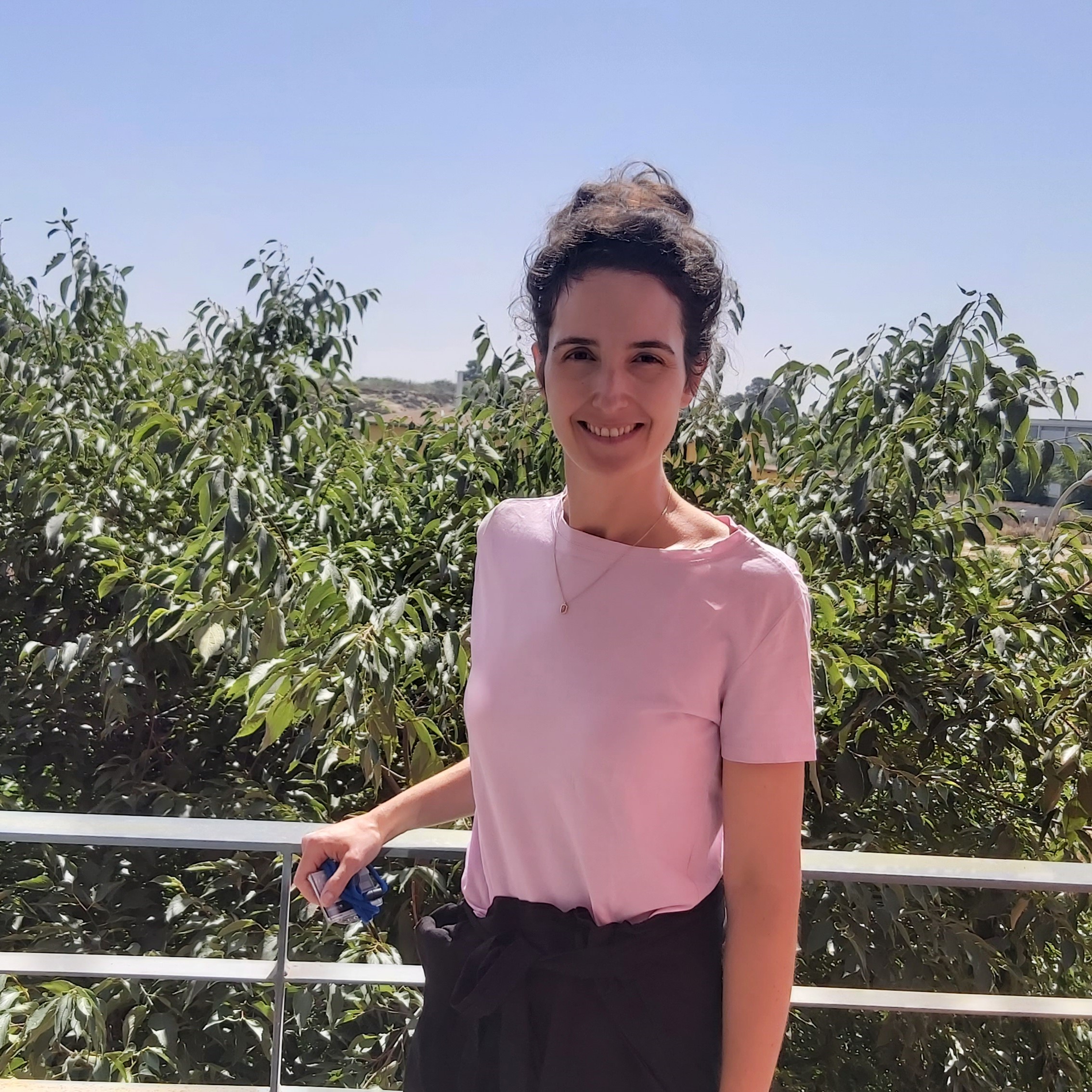
How did your research career begin?
I was not entirely sure if I wanted to go into research—I liked it, but I did not know if it was really, what I wanted to do. When I finished my Chemistry degree, I applied for a civil service exam at the University of Zaragoza because I was also very interested in computing. At that time, Computer Engineering did not exist as a degree, so I started working as a programmer at the university’s Computing Centre.
Later, Professor Rafael Bilbao invited me to do a PhD, and I saw it as an opportunity to return to chemistry. And, here I am today.
What are the main research areas within the Thermochemical Processes Group?
The Thermochemical Processes Group is quite large and has different research lines, but I am mainly focused on minimizing pollutant emissions.
We conduct experiments that simulate real combustion processes to determine the best ways to generate fewer emissions. Our goal is to ensure that combustion processes release as little pollution as possible.
Our experiments are conducted on a small laboratory scale, but their applications extend to combustion engines in cars, boilers, turbines, and industrial processes.
Is there any ongoing research you would like to highlight?
One of our most current and innovative research projects involves ammonia combustion—using ammonia as fuel for stationary installations, ships, or gas turbines. Traditionally, we have always burned fossil or carbon-based renewable fuels. Ammonia, on the other hand, is a carbon-free fuel. The benefit is that it does not produce CO₂; ideally, it only emits nitrogen, contributing to society’s gradual decarbonisation.
Another major challenge we are tackling is making aviation fuels more sustainable. In fact, we have recently started a project under a Marie Curie contract to advance sustainable aviation fuels.
You are part of the Women in Combustion Initiative. What can you tell us about its mission?
This initiative includes professionals from industry, students, professors, and workers from different countries who share a common goal: to promote and increase female representation in the field of combustion, which has traditionally been male-dominated.
I am currently the Chair of the group, and we are working to inspire more women to pursue careers in this field. We operate at an international level and are part of the International Combustion Institute, which is headquartered in the United States and has regional offices in various countries.
What are your memories of your time as Deputy Director of I3A?
Being Deputy Director of I3A is something I remember fondly. It allowed me to get to know the institute in depth and to appreciate its human capital and great potential. I learned a lot and participated in many activities, some of which, like the Young Researchers Conference, are still ongoing today.
What do you enjoy most about your profession? And what do you like least?
I enjoy almost everything. The part I like the least is the administrative and bureaucratic work.
One of my favorite aspects of research is witnessing the development of young researchers. When students start with their final projects or PhDs, it is amazing to see their evolution—to watch them grow in their research skills. By the time they defend their thesis, they are completely different people, with more refined judgment and decision-making skills, and an overall improved approach to problem-solving.
What advice would you give to someone considering a career in research?
I would tell them to try it. Often, we assume we will not like something without really experiencing it first.
Sometimes, a student comes to me unsure if they will enjoy working on a particular topic for their final project, and I tell them: I am convinced that if you dive deep into any subject, you will find something to appreciate about it.
It is hard to like something you do not fully understand. But, if you explore it in depth, you will eventually see its beauty.
CLOSE UP
What did you study: Chemistry, specializing in technical chemistry (similar to today’s Chemical Engineering)
A dream to fulfil: Seeing the Northern Lights
How do you spend your free time: Reading
A book: Anything by Murakami
A serie: Breaking Bad
Favourite singer: Peter Gabriel
A trip: Any that would let me see the Northern Lights
How would you define yourself? Perseverant, hardworking—luck is something you create
Your opinion about AI: It is already here, and we have to adapt to whatever comes with it
